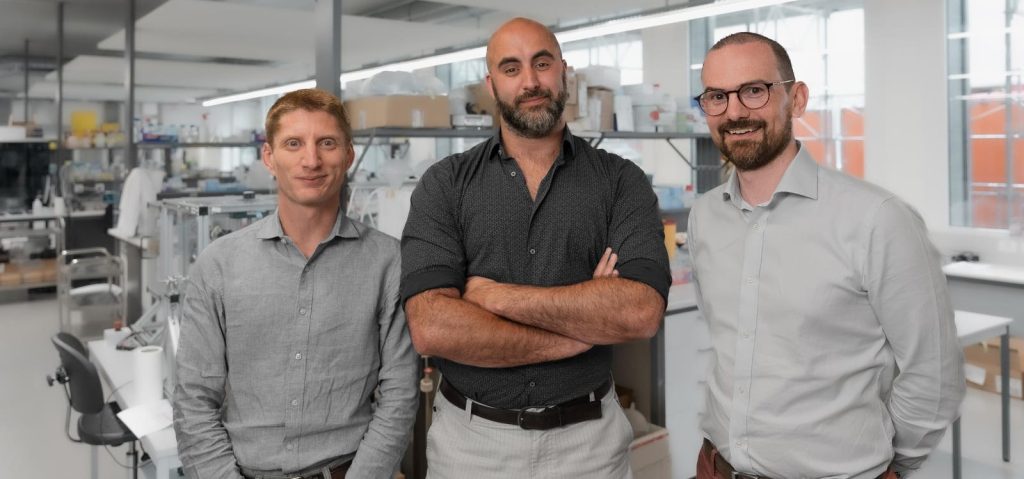Swiss start-up company, Limula, has secured $6.8 million in funding to help tackle the capacity crisis in cell and gene therapy production. This rapidly evolving field involves manipulating patients’ cells in the laboratory to treat various diseases. However, the personalized nature of these treatments makes it difficult to mass produce them, leading to a significant gap between the number of patients who could benefit from these therapies and those who receive them.
Limula aims to address this issue by developing a new piece of equipment that automates much of the manufacturing process for cell and gene therapy products. Their patented machine combines a bioreactor and a centrifuge, eliminating the need for technicians to transfer cells between different machines and reducing the risk of contamination. According to Limula co-founder Luc Henry, this new equipment could cut production costs in half and increase production capacity by a factor of 10 to 20.
The company has already produced a working prototype of their equipment and is now focusing on manufacturing a clinical-grade version. Limula plans to have a product ready for commercial sale within 18 months and hopes to have 100 of their machines in clinical settings by 2030. The recent funding round, led by LifeX Ventures, will support Limula’s development process and help the company move towards commercial production.
Industry experts and scientists are optimistic about Limula’s potential impact on the cell and gene therapy manufacturing process. Professor Bernhard Gentner of the San Raffaele Telethon Institute for Gene Therapy believes Limula’s technology can support current process development activities and enable the manufacturing of cell products at scale. Investors are also confident in Limula’s ability to address the bottlenecks in production tools and enhance accessibility for patients in need of these innovative therapies.
While Limula faces competition in the cell and gene therapy space, co-founder Luc Henry believes their differentiated offer and focus on collaboration within the industry will set them apart. Other advancements in the field, such as treatments that manipulate cells inside the patient’s body, may reduce the need for Limula’s technology in the future, but for now, the company remains focused on addressing the capacity challenges in cell and gene therapy production.
Overall, Limula’s innovative approach to automating the manufacturing process for cell and gene therapy products has the potential to revolutionize the industry and improve accessibility for patients in need. With the support of investors, industry partners, and the scientific community, Limula is poised to make a significant impact in advancing this exciting new area of medicine.















